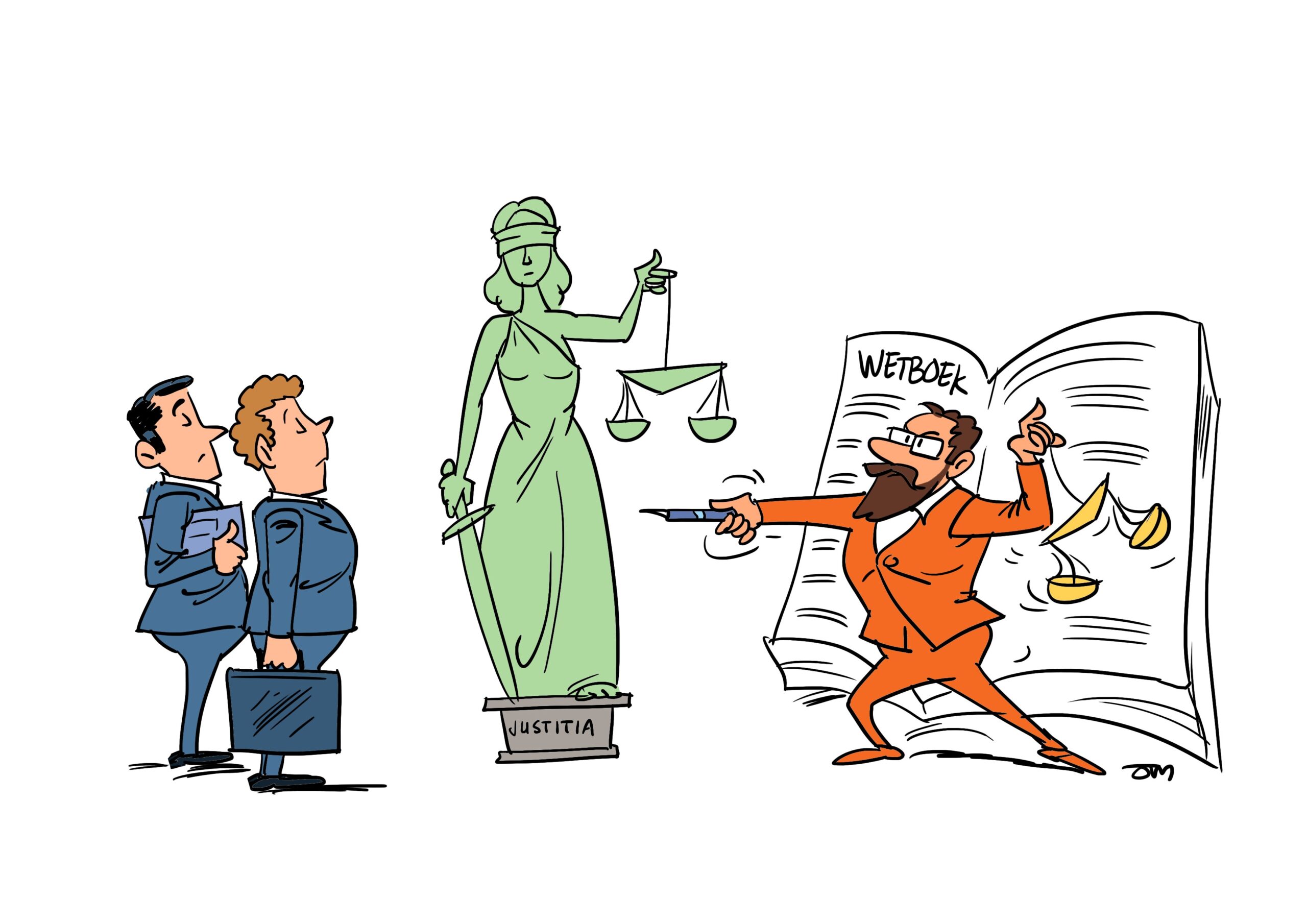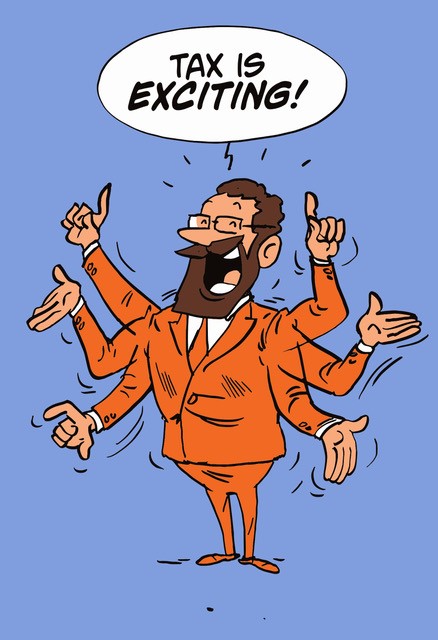The moment you receive an assessment from the tax office with which you do not agree, you have to make an complaint (bezwaar). This complaint is subject to requirements. The most important requirement is the deadline.
The deadline for which you can make a complaint is six weeks after the date of the assessment. When you are too late, you can still ask for the friendly help of the tax office in this matter, but you have no legal grounds anymore.
Making the complaint does not automatically imply that you do not need to pay the assessment, assuming you are due tax to be paid. In the complaint or in a separate letter to the collector of the revenue you can ask for delay in payment until the complaint has been processed. You can only request for delay in payment for the part of the assessment that is under dispute. The non disputable part is still to be paid.
The tax office has a limited period during which they can respond to the complaint. If it is busy at the tax office, the tax inspector can contact you with the request you to confirm that he can take more time to process the complaint. You have of course the choice to say no, but then the outcome of the complaint will be the same. The next step, when the complaint is denied, is a court case, which will take at least one year, but most likely more years. Hence yes to the request is the answer.
The Dutch Government is creating new legislation effectively from January 1, 2015 to reduce the number of contact moments with the tax office in case of a dispute. The simple adjustment is that you cannot make a complaint anymore. Instead of a complaint you have to ask the tax office to revise the assessment. But if you ask for the assessment to be revised, it can also imply you made deliberately a mistake and then the tax office stops treating you as a ‘ client’ and starts treating you as a criminal. But you ask for the assessment to be revised, it is fully at the disposal of the tax inspector what to do with this request, but assume the answer will be a no. Then the game starts all over again and you can make an appeal against the assessment. So the question is now, where is the reduction in contact moments with the tax office in this new legislation?





